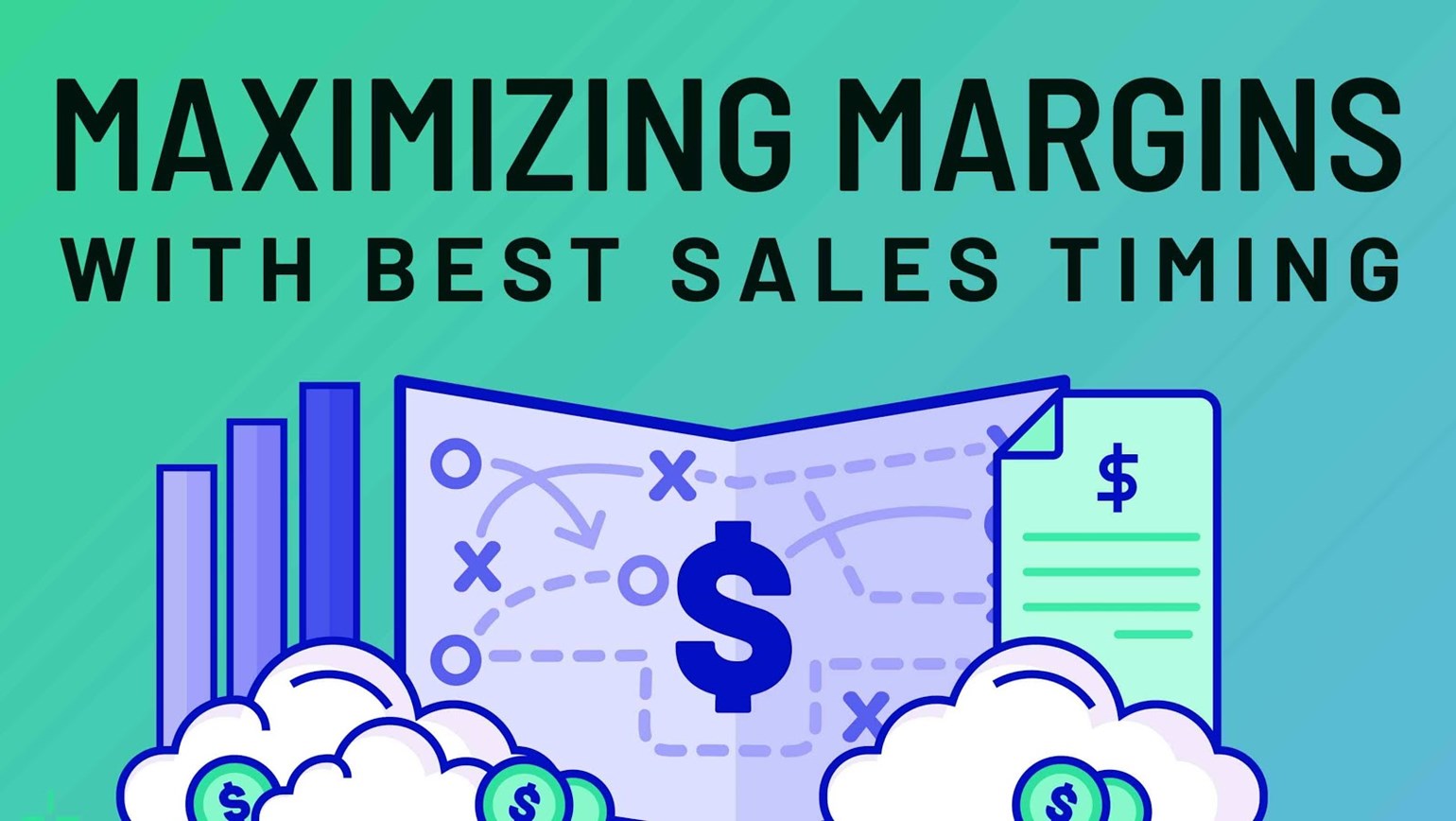Maximizing Margins With Best Sales Timing
Collin Stiles
We’ve all heard of buyer’s remorse, but what about seller’s remorse? Selling an item only to see it sell for more a few days, weeks, or months later can feel bad. Today, we are going to talk about that exact situation, and how long you should be holding on to your inventory before moving it.
There are a couple of things to take into consideration when determining the right time to sell a card. First and foremost, are you making a profitIf not, it may be worth considering waiting on selling, especially if you have reason to believe that the card will increase in price. Take into consideration something like shock lands in Magic: The Gathering. When they are reprinted, their price generally sinks a little bit, but then recovers once that new set stops being printed. If you are going to make a profit on the card, you will then want to consider recent price trends and evaluate any additional information that may influence the price. Is there a new set coming out shortly that may positively impact the price? Or maybe that card is rotating out of a standard format, and you’re best served moving it right now. Has the card seen consistent increases in price recently? If it has, you may want to continue to watch the price climb, but make sure you don’t sit on it too long if the price starts decreasing again.
Let's take a broader look at this question now. What is the purpose of selling the card? Making money. Then, what is that money being used for? If that money is going to be reinvested into more products to sell, it may behoove you to flip your current inventory rather than sit on it. Creating that cash flow will initiate more money making opportunities, rather than sitting on it waiting for the best price. Unless the initial inventory will generate more revenue than every subsequent sale, it should be better to sell. If you aren’t selling with the intent of restocking, it may be best to wait for the best price, especially with high end items, like Reserved List cards in Magic: The Gathering.
At the end of the day, the decision to sell or hold depends on the long term expected value of the card on hand, and what the revenue from that sale would produce. This can be different for each seller, so there is no steadfast rule. If you would like to speak with a Customer Success Manager to help figure out what’s best for your business, book a meeting with one here.
